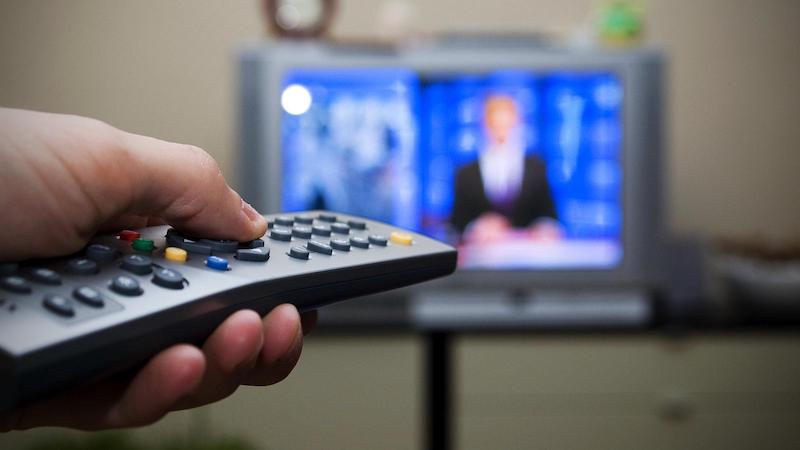The problem with addressing risk factors in the media is that it’s the same media that must draw our attention to them. The Media Pluralism Monitor report recently published shows that the Maltese media landscape is at ‘medium risk’ overall, with more factors in high risk than low.
The first rule of living in Malta is that partisan politics permeates into everything from your groceries to your neighbour’s Christmas decorations. So it’s no surprise that the biggest risk factor for the media is the lack of political independence.
First, the State broadcaster continues to lack a structure that is independent despite its Constitutional mission to be impartial in its reporting. It’s an open secret that TVM is an extension of the Party in government.
Guidelines that prevent TVM employees from being affiliated with political parties tend to go largely unheeded. TVM presenter Norma Saliba was appointed to a government Board, and TVM presenter Angela Azzopardi Agius sits on the Labour Party’s national executive.
Blurring the lines between Party and government reduces accountability and heightens the risk of the manipulation of public opinion.
As the station with the largest audience share, TVM’s impartiality is important. The Shift News had analysed the content over 3,200 tweets to find that TVM was omitting to report on corruption by huge margins: 86% less than the independent press.
An important question is raised here: are audiences even aware of this serious shortfall?
The Media Pluralism Monitor brings up a high-risk issue directly related to this. The report notes that there is no policy on media literacy, and the subject is left out at any point in the education system (bar a two year course in some secondary schools and a fraction of the Systems of Knowledge course in sixth forms).
This lacuna is extremely convenient as it helps cover up wider issues of media ownership that are incompatible with the public’s right to know in western democracies. The lack of media literacy contributes to a fundamental misunderstanding of the role of the media as the fourth estate.
Journalists are there to investigate power and expose officials who abuse it. In Malta, the definition is turned on its head. Journalists who expose politicians’ dirty laundry – as it is their job to do – are demonised instead of the wrongdoers. Daphne Caruana Galizia’s assassination is the worst example of this.
Political ownership of media agencies is a fundamental contradiction of the democratic role of the media. Politicians are meant to be the target of investigative journalism; but the minute they are criticised they turn to the Party’s media and spin a counter narrative that drowns out weeks of investigative work by the independent press.
A ‘journalist’ working for a political party channel is a contradiction in terms. No official would pay a journalist to have himself investigated. Communications employees of a political party are not journalists – they are propagandists, publicists or “stenographers” as John Pilger says. They are not journalists.
And government Ministries are now stuffed with ‘journalists’ from the Labour Party’s channel, One, trained for years in the art of twisting narratives to suit the Party. They now do it for the government.
Critics of this argument would point across the pond to Fox News and CNN. But the comparison is flawed. Fox News and CNN are not owned by the Republican and Democratic parties. While all media will necessarily have a bias, political ownership excludes any form of independence.
The Trump order for the removal of Acosta set an ugly precedent that endangers even Fox News’ journalists. They know their livelihoods depends on the freedom of the press – which is why Fox supported Acosta.
In Malta, legislators have a mouthpiece. There’s no chance ever that a ‘journalist’ working for their masters is ever going to do any independent work. The protection of free speech granted by international law may crumble in Malta, but rest assured that PBS and ONE will continue operating undeterred.












